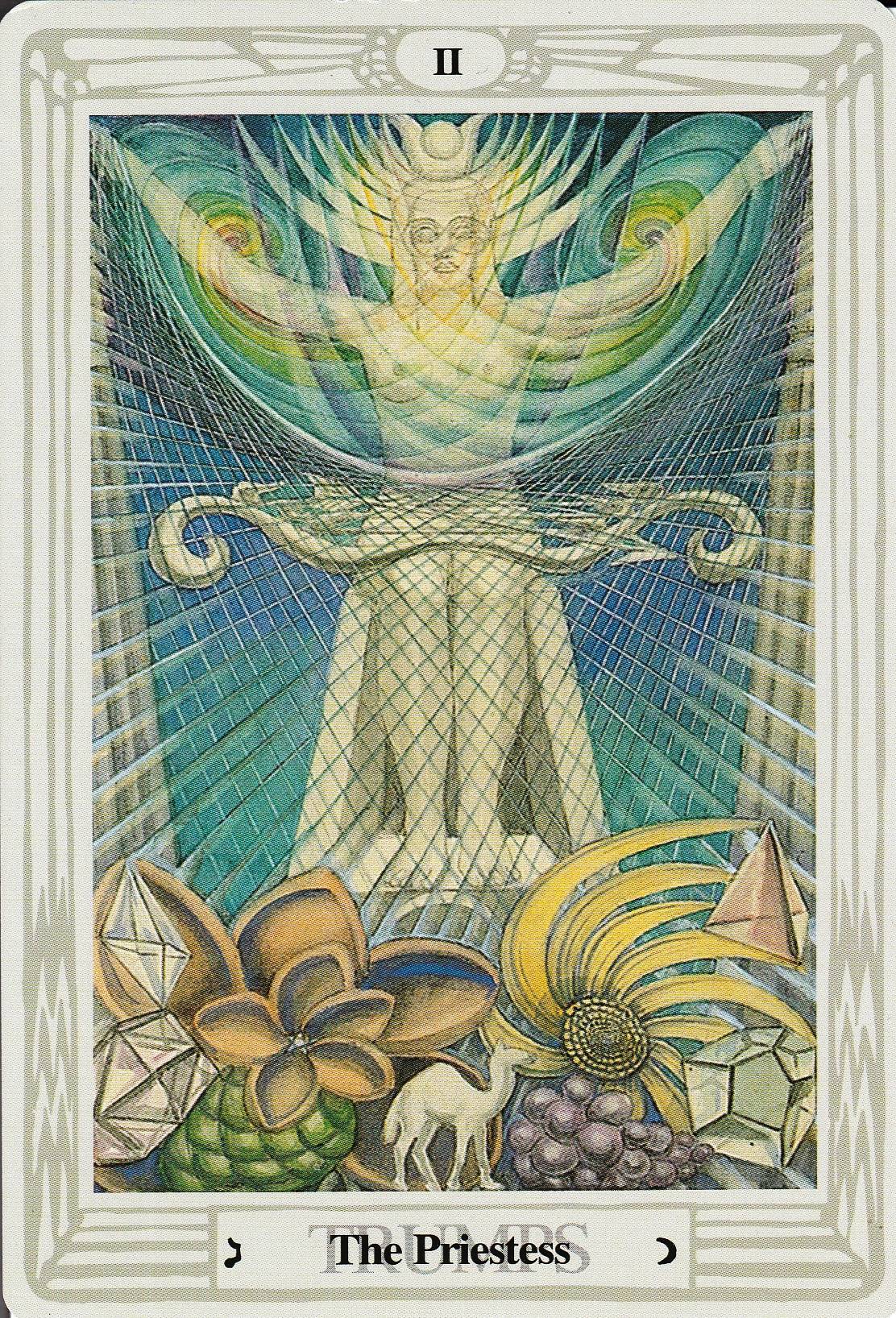
You can read tarot cards intuitively, but there are a few things you need to know before you begin. Rose suggests closing your eyes while you shuffle your cards and asking your spirit guides for guidance. Meditation can be a great way to tap into your intuition. It can be a great way to avoid worrying, doubting, and analysing.
Intuition and reading tarot cards
It can be very powerful to use intuition to read tarot decks. This skill is not easy to master and takes practice. There are many ways you can increase your intuition to help you feel more connected with yourself. Engaging in mindfulness practices will help you to feel more in tune and in tune with your experience.
When you are trying to interpret a card, try to focus on the whole picture, not just the words on the card. You can use the imagery from the card to create a whole story. A tarot reader who is intuitive can see the bigger picture within a card. The Empress is a card that uses traditional keywords such as abundance, nurturing, or feminine energy. It can also refer to pregnancy, or the birth of children.

Sometimes intuition is quiet and subtle. It may manifest as a feeling in your head or a voice. It may also manifest as a physical sensation.
Do's and don'ts of intuitive tarot readings
When performing intuitive Tarot readings, there are some things you should know. The first is that you should not try to read someone else's cards without reading their own. The reason is that your intuition might not be the same as the tarot reader's.
The second tip for intuitive readings: Keep your mind open and your heart free. You will be more confident when you have a clear head. You must practice to develop an intuitive reading. Meditation is a great way to practice and it can help you connect to your inner knowing.
You can use a Tarot card deck to help you learn how to trust your intuition. To get started, choose a card that you are curious about and put it down face-down. Ask for assistance in understanding the meaning of each card. You shouldn't attempt to guess the meaning of the card by yourself. Instead, you can redirect your focus. You might get an image or flash of color, hear a song, or feel a message from your body.

Origin of tarot cards
Although it is not easy to identify the origins of intuitive cards for tarot, they have been used for centuries. It is generally believed that the cards were originally used as games and prediction tools. In 1785, Jean-Baptiste Alliette, a French occultist, developed a link between the illustrated cards and astrology.
The earliest tarot cards were likely based upon Roman myths or Egyptian myths. However, there are many theories about their origin. Most popular is that the Mamluks were the first to invent the Tarot. They are a tribe of people who lived near the eastern Mediterranean. However, this theory does not explain the separate suit of 21 trumps. The Italian Renaissance saw the first surviving tarot card decks emerge. These decks gained popularity with aristocratic courtiers. The tarot card was known as a trionfi in 15th-century Italy. These cards had symbols of the Roman empire, such as triumphs, and were used in carnivals.
You can use your intuition to interpret the tarot cards. One way to understand them is to feel them. You may feel a heavy feeling in the chest. This could indicate that you are experiencing heartache or grief. A heavy stomach could also indicate an energetic state.
FAQ
What are collection hobbies?
The most popular collections are books, movies, music, comics, video games, sports equipment, toys, etc.
Collect stamps, coins, cars, dolls and action figures as well as art supplies, tools, jewelry, watches, gadgets and furniture.
You get it?
What does it cost to have a hobby?
Time is all that's required to make a hobby a success. It can take many years to accomplish what you desire if you are serious about it.
One thing can help you. It's called 'passion.' If you have passion for whatever it is you do, you will find it easier to put in the hours required to make progress.
It is possible to become addicted once you begin putting in the work. This is where the real fun begins. Because you're doing something you like and it keeps getting better. You'll probably see a substantial improvement by the end.
Do not worry about the time it takes. Don't be afraid to try. You may be surprised.
What are your favorite hobbies right now
Popularity is not always a good thing. It is often used as an excuse for mediocrity. Many people have no time for hobbies or other interests. They are too busy working to make ends meet. You don't have the time to do all of these things. You could also start your own business.
This isn't an easy task. There are many obstacles to overcome before you can turn your idea into reality.
If you are looking for something more than running a business you might consider starting a hobby.
Hobbies aren't just limited to creative pursuits. There are many kinds of hobbies. These hobbies include:
-
Gardening
-
Cooking
-
Photography
-
Reading
How do I start my new hobby?
First, decide what type or activity you want to pursue.
Passion is essential once you have selected your subject.
It is important to know the reason you want to begin a hobby. This will help give you direction and provide a purpose.
Once you've chosen the hobby you would like to pursue you can start planning.
Take a look at the equipment you will need.
You should consider whether or not you will need to take classes or attend seminars.
Ensure that you have enough space for your hobby.
It might also be worth considering joining a group or club. These groups offer support and advice.
The last thing you should do is think about how much money it would cost to pursue your hobby.
What are observation hobbies?
Observation hobbies are those activities that allow you to watch others do what they do. This could be watching sports, reading books or going on holiday. You might also enjoy observing other people.
Because they teach you how to think creatively, observation hobbies are great. You can apply this knowledge later on when you work with others.
You'll discover that it's easier to learn if there's a passion for something.
For example, if you want to know more about football, you may watch a game or read a book about it. You could visit or take part in exhibitions if you are interested in learning more about photography.
You could also buy a guitar or play along online to music if you are a musician.
If you like cooking, you could cook your own meals or visit restaurants.
If gardening interests you, you could plant vegetables or flowers.
If dancing is something you enjoy, join a dance class.
You could also paint pictures if you are a fan of painting.
If you like writing, you could write stories or poems.
If you like drawing, you could draw pictures.
If you have a passion for animals, you might be able to look after them or work in a zoo.
You could choose to study biology, maths, chemistry, or physics if you are interested in science.
If history is your passion, you can either read books or watch films. Or you could listen to podcasts.
You can travel abroad or explore your home area if you love to travel.
Can I make money from my hobby?
You can have many hobbies that lead to extra income.
If you are passionate enough about your hobby to decide to sell it,
You might consider setting up a website to sell rare stamps if you have a collection.
This will allow you to earn additional income without having go through the hassles of buying and selling stamps.
Another option is to create a YouTube Channel where you can talk about your hobby.
This allows one to share their passion with others, potentially generating additional revenue through the offering of premium content.
Statistics
- This 100% accurate personality-analyzing hobby quiz discovers your passion based on your characteristics. (quizexpo.com)
- The Role of the Mind in Sex, Dating, and Love: Men in the “humor” condition received phone numbers from 42.9% of the female participants and were refused 57.1% of the time. (time.com)
- Much of this decline reflects the fact that teens are less likely to work today than in the past; among employed teens, the amount of time spent working is not much different now than it was around 2005. (pewresearch.org)
- A new survey by Pew Research Center of teens ages 13 to 17 finds that 36% of girls feel tense or nervous about their day every day; 23% of boys say the same. (pewresearch.org)
- Studies show that just six minutes of reading can reduce stress levels by 60 percent. (oberlo.com)
External Links
How To
How to begin gardening
Gardening is one form of agriculture that dates back to the beginning. It takes patience, persistence, determination, and perseverance. First, choose a place where you would like to grow food. You can choose to have a large area or a small one in your backyard. Next, pick the type of plants that you would like. Do you prefer vegetables or flowers? Some people enjoy growing herbs while others love raising livestock such as rabbits. Before you decide which crops you will plant, consider the amount of space you have. If your climate is cold, you may decide to plant berries and fruits.
Once you have selected the plants you wish to plant, you should prepare your soil. How your plants perform is dependent on how well the soil you use. Good quality soil contains organic matter that helps feed your plants' roots. Organic matter can include leaves, twigs and grass clippings as well as manure and compost. You need nutrients to your soil after you have prepared it. You may need different amounts depending on what type of plants you are trying to grow. A fertilizer calculator online can help you determine these values. There are many fertilizers to choose from, so it is important that you are familiar with the product you are using.
After you have prepared the soil and added nutrients, it is time to wait for your seeds germination. The process typically takes 2 to 3 weeks depending on the weather conditions and temperature in your area. Once the seeds have sprouted you will need to water them often. Overwatering your plants can lead to problems. Avoid overwatering your plants. Overwatering can lead to root rot and fungal diseases. Remember that plants need less water in the summer than they do in the winter. Keep in mind that certain plants may need to be dried after being watered. For tomatoes, it is important to keep them moist but dry. Soggy soil is not good for them. After the plants have finished flowering they must go dormant. Dormancy is when plants stop producing new growth and begin storing energy for the next season's harvest. Dormancy means that the plant stops communicating with its roots about producing food. Throughout this period, the plant stores energy. However, the plant will die if temperatures drop below freezing or there is insufficient sunlight.
If you live in an urban environment, you may find yourself limited in the kinds of plants that you can grow. Concrete sidewalks, roads or parking lots can block sunlight from reaching urban areas. Concrete absorbs sunlight and blocks the soil below from receiving adequate sun exposure. Many plants can't thrive in urban environments because they lack sunlight. Many plants can still thrive in urban settings. Many trees, shrubs, and perennials can adapt to city living. Many annuals are also possible to grow indoors in containers. You can have fresh greenery all year round with container gardens.
You are now ready for planting!